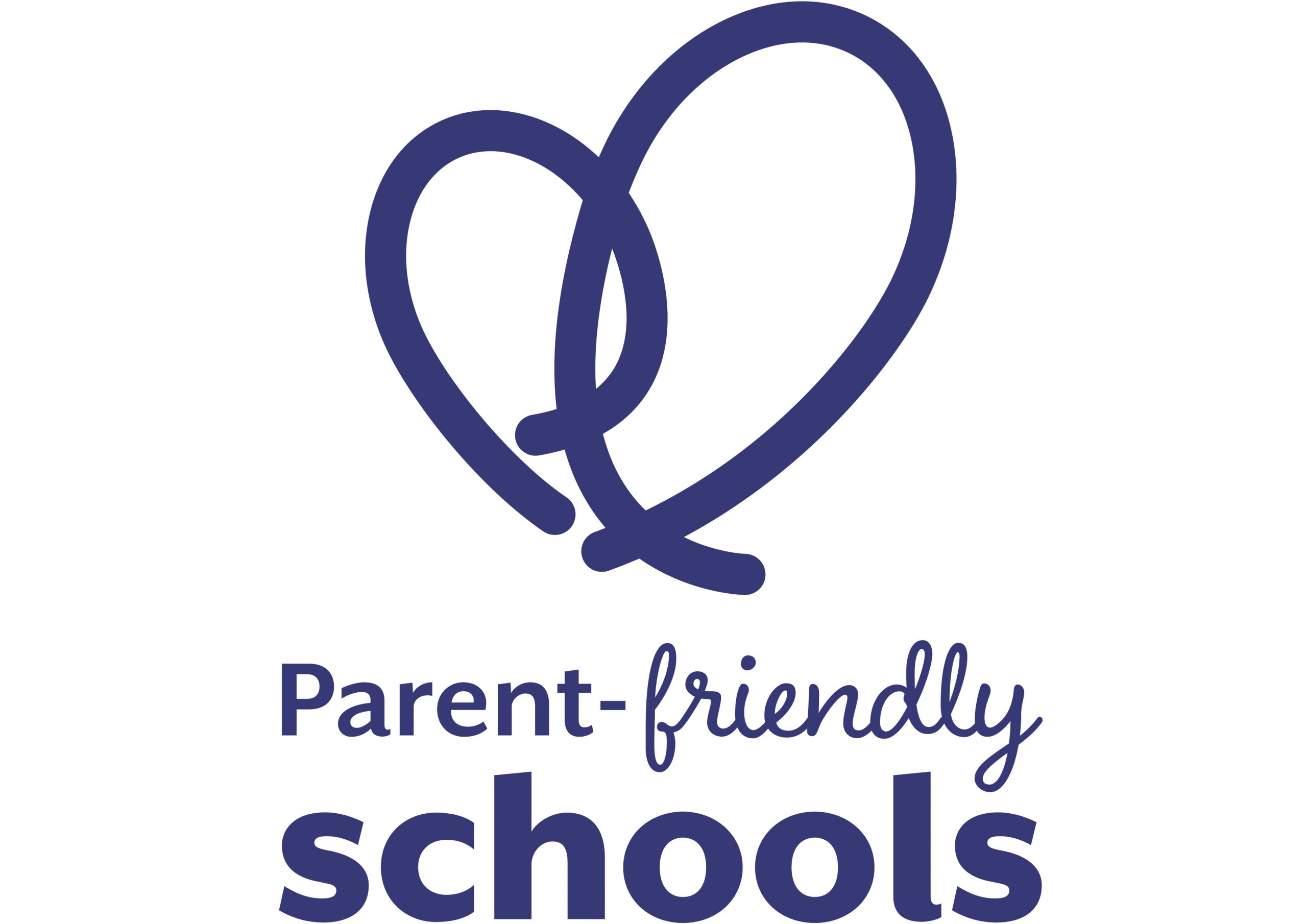Literacy

Literacy Across The Curriculum
‘Out of 24 OECD countries, England is the only country where 16 – 24 year olds have lower literacy skills than 55 – 65 year olds.’
In our fast-paced, competitive world, it is now more important than ever that our young people leave school equipped to face the challenges and exciting opportunities that life has to offer.
Literacy is the combination of the reading, writing, speaking and listening skills we all need to fulfil our potential. These life skills are essential to the happiness, health and wealth of our students – your children, and society. Here at Byrchall High school, we work hard to ensure these skills are integrated into all schemes of work, in all subjects, across all year groups and to all levels of ability. There are many things you can do at home to support your child’s literacy development. The links below feature a range of hints and tips, together with national information, to help you.
Reading beyond the classroom lists:
- Art: Years 7-9 / Years 10-11
- Business Studies: Years 9-11
- Dance: Years 7-11
- English: Years 7-9 / Years 10-11
- Food: Years 7-8 / Years 9-11
- French: Years 7-11
- Geography: Years 7-9 / Years 10-11
- History: Years 7-9 / Years 10-11
- ICT: Years 7-11
- Mathematics: Years 7-9 / Years 10-11
- Physical Education: Years 7-9 / Years 9-11
- Product Design: Years 9-11
- Religious Education: Years 7-9 / Years 10-11
- Science: Years 7-9 / Years 10-11
- Spanish: Years 7-11
Reading Matters: Supporting Your Child’s Reading At Home
‘The more you read, the more things you know. The more things you learn the more places you’ll go.’ Dr Seuss
Research findings:
Institute Of Education, 2014: ‘Reading for pleasure had a powerful influence on children’s learning, especially for the development of their vocabularies, but also for their spelling and mathematics skills. We discovered that those who read books often at the age of 10 and more than once a week at the age of 16 gained higher test results at age 16 than those who read less regularly. In other words, reading for pleasure was linked to higher intellectual progress, both for vocabulary, spelling and mathematics.’
Data shows that, as a nation, we fall well below countries such as Russia, Ireland, New Zealand when it comes to the reading enjoyment of our children, (McGrane et al ‘Progress in International Reading Literacy Study’ 2017).
Supporting Writing At Home
Here are some things you can do to encourage your child to write on a regular basis:
- Make sure that your child sees you reading and writing – for example, re-reading a letter as you write, preparing a grocery list.
- Look for opportunities for purposeful writing at home, and encourage your child to read and write letters, lists, messages, postcards, thank-you notes and so on.
- Encourage your child to keep a scrapbook of family holidays and to write captions or brief descriptions underneath the photographs.
- Provide interesting stationery, pens and stickers to encourage writing.
- Encourage your child to enter writing contests in local newspapers or to write “letters to the editor” on issues he or she feels strongly about.
- Encourage your child to write letters to obtain free materials that are linked to his or her interests.
- Make writing an enjoyable, positive experience for your child.
- Suggest that your child writes a diary or blog.
- Ask to see your child’s exercise books for all subjects – ask them about their writing – why have they chosen certain words? Are they happy with the layout?
- Ask your child to read their work to you – can they spot any errors before they hand it in to the teacher?
- Encourage your child to proof read their work.
Spelling
It can be very difficult to learn new words. Here are some tips and hints to help. Above all else though, don’t learn alone – let someone help you.
10 Tips and hints to help you to learn
- Use your senses: Look closely at the word and try to remember I what it looks like 👁️ Listen to the sound of the word 👂 Write the word down 🖋️
- Never use capital letters when writing out the word – your visual memory needs clues and the shape you write will help you to remember
- Practise, practise, practise – the more you write, the better you will get
- Get a friend or relative to help you to practise and to test you when you have finished
- Break the word down into chunks (sounds) and learn each one before blending them together
- Cover part of the word, learn that section, then repeat with the remaining section
- Look for words within words: separate (a rat); weird (we);
- Look, cover, write, check: Look at the word, cover the word, write the word and finally, check the word
- Highlight the hard part of the word: Eg night, receive, weird. Write out the word again without looking
- Make the word into an acrostic: (see graphic below)















